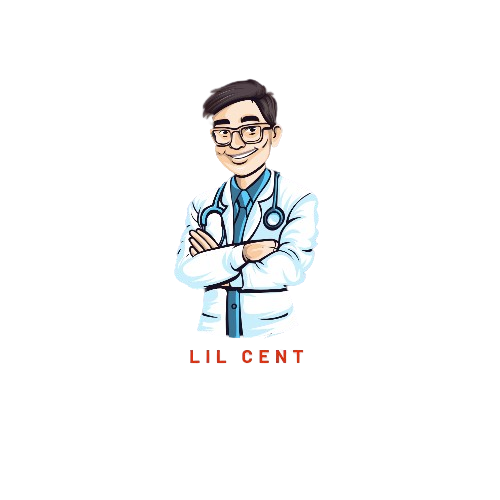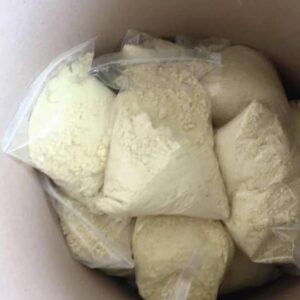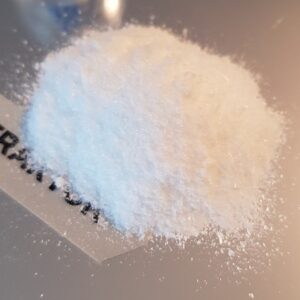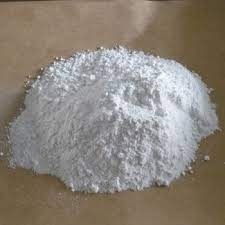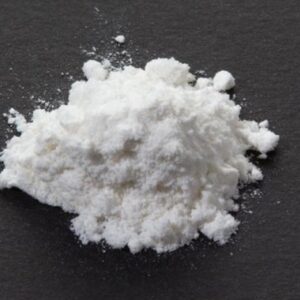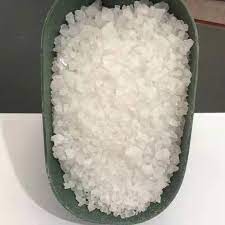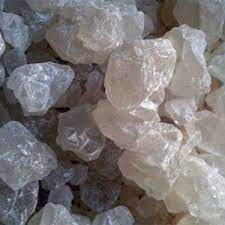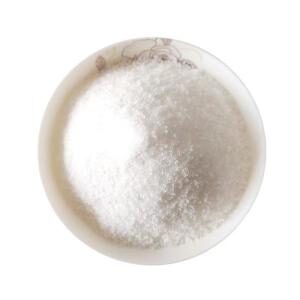Wholesale Sodium Laureth Sulfate (SLES)
What Is Sodium Laureth Sulfate (SLES)?
Sodium Laureth Sulfate (SLES) is a widely used anionic surfactant found in personal care, household, and industrial cleaning products. Chemically, it’s the ethoxylated form of Sodium Lauryl Sulfate (SLS) — designed to be gentler on the skin while maintaining excellent foaming, emulsifying, and cleansing capabilities.
This versatile ingredient is a key component in shampoos, body washes, detergents, and industrial formulations thanks to its affordability, stability, and performance.
If you’re looking for high-quality SLES in bulk or wholesale quantities, choosing a certified supplier ensures both product purity and regulatory compliance.
2. Why Choose Our Wholesale Sodium Laureth Sulfate
Selecting the right SLES supplier makes a measurable difference in product performance and customer satisfaction. Our premium-grade Sodium Laureth Sulfate is:
- Manufactured under ISO and GMP standards for consistent purity.
- Sourced from top producers using controlled ethoxylation processes to minimize impurities.
- Tested for quality with full COA and SDS documentation provided upon request.
Whether you’re a formulator, manufacturer, or private-label brand, our SLES delivers reliable results and unbeatable pricing.
3. Key Benefits of Sodium Laureth Sulfate
| Benefit | Description |
|---|---|
| Superior Foaming | Creates rich, stable foam in shampoos, body washes, and detergents. |
| Effective Cleansing | Reduces surface tension to lift dirt, grease, and oil from surfaces and skin. |
| Excellent Emulsification | Helps water and oil mix for smooth formulations. |
| Mildness Compared to SLS | Ethoxylated form makes SLES less irritating and suitable for personal care. |
| Cost-Effective | Offers powerful performance at a competitive price. |
| Versatile Application | Suitable for both consumer and industrial formulations. |
4. Common Applications of SLES
SLES is trusted across multiple industries due to its balance of effectiveness and safety.
4.1 Personal Care Formulations
- Shampoos and conditioners
- Body washes and shower gels
- Toothpastes
- Facial cleansers and exfoliating scrubs
4.2 Household Cleaning Products
- Dishwashing liquids
- Laundry detergents
- Multi-surface and floor cleaners
4.3 Industrial and Technical Uses
- Car wash soaps and degreasers
- Textile and leather processing agents
- Emulsifiers for agricultural and pesticide formulations
Its versatility and biodegradability make it a preferred surfactant in both consumer-grade and industrial applications.
5. Safety Profile and Regulatory Compliance
SLES has undergone decades of toxicological review and is approved by regulatory authorities worldwide for use in rinse-off products at controlled concentrations.
5.1 Safety Highlights
- Gentler than SLS: The ethoxylation process reduces harshness, improving skin compatibility.
- Biodegradable: Breaks down naturally, supporting environmental safety.
- Non-carcinogenic: Scientific studies confirm that purified SLES does not cause cancer.
5.2 Global Regulatory Status
| Region | Regulation | Remarks |
|---|---|---|
| U.S. FDA | Permitted for cosmetic and food-contact cleaners | Safe within concentration limits |
| European Union (EU) | Allowed in cosmetics; 1,4-dioxane strictly controlled | High-quality SLES meets EU purity standards |
| CIR Expert Panel | Reviewed and deemed safe for rinse-off use | Concentrations up to 50% acceptable |
| Environment | Biodegradable surfactant | Meets sustainability guidelines |
6. Myths and Facts About SLES
| Myth | Fact |
|---|---|
| “SLES causes cancer.” | False. SLES itself is not carcinogenic. Only unpurified products containing residual 1,4-dioxane are a concern. Certified suppliers remove this impurity. |
| “All sulfates damage hair and skin.” | False. At regulated levels, SLES is safe and effective, particularly in rinse-off formulations. |
| “SLES is bad for the environment.” | False. SLES is biodegradable and environmentally safer than many synthetic alternatives. |
7. How to Buy Sodium Laureth Sulfate (SLES)
7.1 Wholesale and Industrial Bulk Orders
Manufacturers and distributors can purchase SLES in 25 kg bags or 200 kg drums from certified suppliers and chemical distributors. Typical concentration levels:
- 28–30% solution (standard for cosmetic and household use)
- 70% solution (for industrial blending)
Recommended suppliers:
- BASF
- Solvay
- Clariant
- Lil Cent Global Medical Pharmacy
- Regional distributors across the U.S., EU, India, and China
Always request a Safety Data Sheet (SDS) and Certificate of Analysis (COA) before confirming your order.
7.2 Small-Volume Cosmetic Formulation Supply
For smaller labs and DIY formulators, SLES is available in manageable quantities (1–25 liters) through reputable retailers:
- Lotioncrafter (U.S.)
- MakingCosmetics (U.S./EU)
- Gracefruit (U.K.)
- Bulk Apothecary (U.S.)
These cosmetic-grade products are ideal for startup brands, research, and pilot batches.
8. Choosing the Right Supplier
When sourcing Sodium Laureth Sulfate, prioritize:
- Quality Certification – Look for GMP, ISO, or REACH compliance.
- Purity and Concentration Verification – Confirm whether your formulation requires 28% or 70% SLES.
- Documentation – Ensure COA, MSDS, and compliance paperwork are available.
- Shipping Compliance – SLES is non-hazardous but should be clearly labeled during transport.
9. Alternatives to Sodium Laureth Sulfate
For sulfate-free or ultra-mild product lines, consider these alternatives:
| Alternative | Origin | Benefits |
|---|---|---|
| Coco-Glucoside | Plant-derived | Gentle cleanser, biodegradable |
| Decyl Glucoside | Coconut-based | Ideal for baby and sensitive-skin formulas |
| Sodium Cocoyl Isethionate (SCI) | Natural fatty acid derivative | Creamy lather, mild cleansing, used in solid shampoo bars |
These substitutes are suitable for premium or eco-friendly formulations but are typically higher in cost compared to SLES.
10. Environmental Responsibility
SLES is readily biodegradable and compatible with sustainable manufacturing goals. Many suppliers now produce RSPO-certified (Roundtable on Sustainable Palm Oil) ethoxylates to further reduce ecological impact.
When handled and disposed of correctly, SLES aligns with global environmental regulations.
11. Final Thoughts
Sodium Laureth Sulfate (SLES) remains one of the most trusted, tested, and versatile surfactants in the global marketplace. From cosmetics to industrial cleaning, it continues to offer performance, safety, and affordability unmatched by most alternatives.
When purchasing SLES:
- Choose reputable suppliers with valid certifications.
- Verify purity and documentation for compliance.
- Match the grade and concentration to your intended use.
Whether you’re manufacturing large-scale cleaning products or formulating a new line of gentle cosmetics, SLES is a proven, effective, and economically smart choice.
